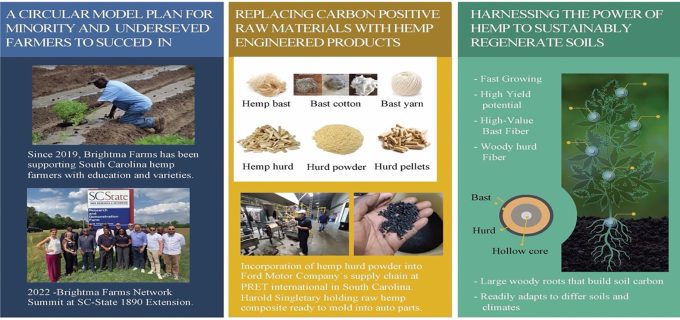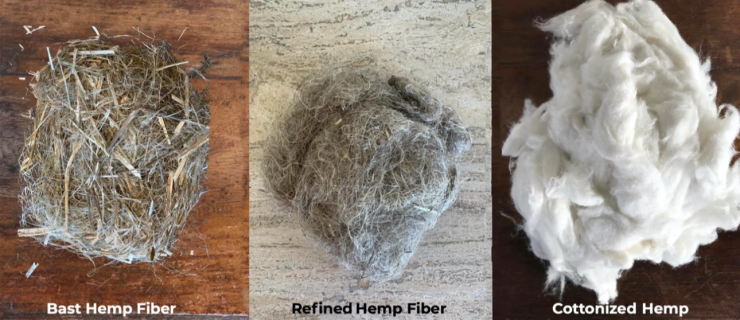


Singletary, who is from Charleston, grew up working on a farm owned by his grandparents, Katie and Ned Roper, on James Island, S.C.
“It’s a hard life,” he says. “To do large-scale farming—I never wanted to do that at all. I’m an accountant by trade. I wanted to understand business and finance. That allowed me to structure, raise capital, use a network and also create a different solution to farm, which was indoor farming.”
A desire to help create opportunities for African American farmers, plus a few other experiences, inspired Singletary to enter the hemp marketplace.
For one, his mother, Anna Delores, suffered from bone cancer. She received two bone marrow transplants but ultimately lost her battle with the disease in 2016. When she was still alive, Singletary provided her with cannabidiol (CBD) and tetrahydrocannabinol (THC), which he says allowed her to retain a better quality of life than prescription opioids did.
Hemp and cannabis also helped Singletary deal with anxiety and post-traumatic stress disorder (PTSD) from his U.S. Army infantry enlistment. He was deployed to Haiti for six months in 1995 as part of Operation Uphold Democracy, for which he received an Armed Forces Expeditionary Medal. He entered conflict zones and other dangerous situations where he fired weapons and witnessed casualties. “Even any soldier being put into any warfare or heavy, stressful situations—you will acquire anxiety or PTSD,” he says. “Then, trying to come back out of those types of situations … into a normal society—and adapt to what may not be intense anymore—how do you navigate that?”
For one, his mother, Anna Delores, suffered from bone cancer. She received two bone marrow transplants but ultimately lost her battle with the disease in 2016. When she was still alive, Singletary provided her with cannabidiol (CBD) and tetrahydrocannabinol (THC), which he says allowed her to retain a better quality of life than prescription opioids did.
Hemp and cannabis also helped Singletary deal with anxiety and post-traumatic stress disorder (PTSD) from his U.S. Army infantry enlistment. He was deployed to Haiti for six months in 1995 as part of Operation Uphold Democracy, for which he received an Armed Forces Expeditionary Medal. He entered conflict zones and other dangerous situations where he fired weapons and witnessed casualties. “Even any soldier being put into any warfare or heavy, stressful situations—you will acquire anxiety or PTSD,” he says. “Then, trying to come back out of those types of situations … into a normal society—and adapt to what may not be intense anymore—how do you navigate that?”